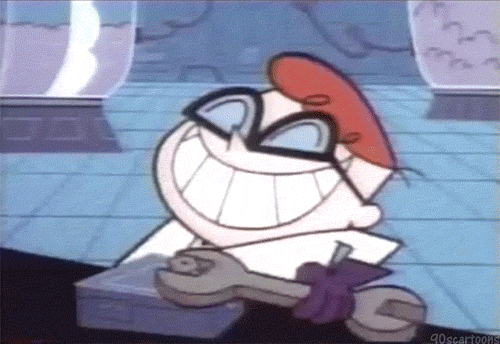Personal practice - Separating Wheat from the Chaff
This may be a "done to death" discussion but here we are.
I've spent some time in the last while thinking about the volume of information I've collected in 30+ years of training. As we get older is it important to try to retain "everything" or is it permissible (or preferable?) to parse the syllabus into the skills and methods that you've found most valuable to ongoing development, applicability, or enjoyment?
This is not a slight against a practitioner that owns a school or is devoted to "preserving the art as taught," only speaking for myself as a style-mutt that started in traditional and had a long and drawn out segue into boxing/muay thai/submission wrestling and how I struggle to justify some of the practices I spent so many years working on.
Is it objectively more valuable to retain a little of an art in good faith (able to demonstrate form and application under pressure) or to retain a lot of the form and ritual of the art at the expense of the trainings rigor and ability to apply the diverse concepts.
I've spent some time in the last while thinking about the volume of information I've collected in 30+ years of training. As we get older is it important to try to retain "everything" or is it permissible (or preferable?) to parse the syllabus into the skills and methods that you've found most valuable to ongoing development, applicability, or enjoyment?
This is not a slight against a practitioner that owns a school or is devoted to "preserving the art as taught," only speaking for myself as a style-mutt that started in traditional and had a long and drawn out segue into boxing/muay thai/submission wrestling and how I struggle to justify some of the practices I spent so many years working on.
Is it objectively more valuable to retain a little of an art in good faith (able to demonstrate form and application under pressure) or to retain a lot of the form and ritual of the art at the expense of the trainings rigor and ability to apply the diverse concepts.

